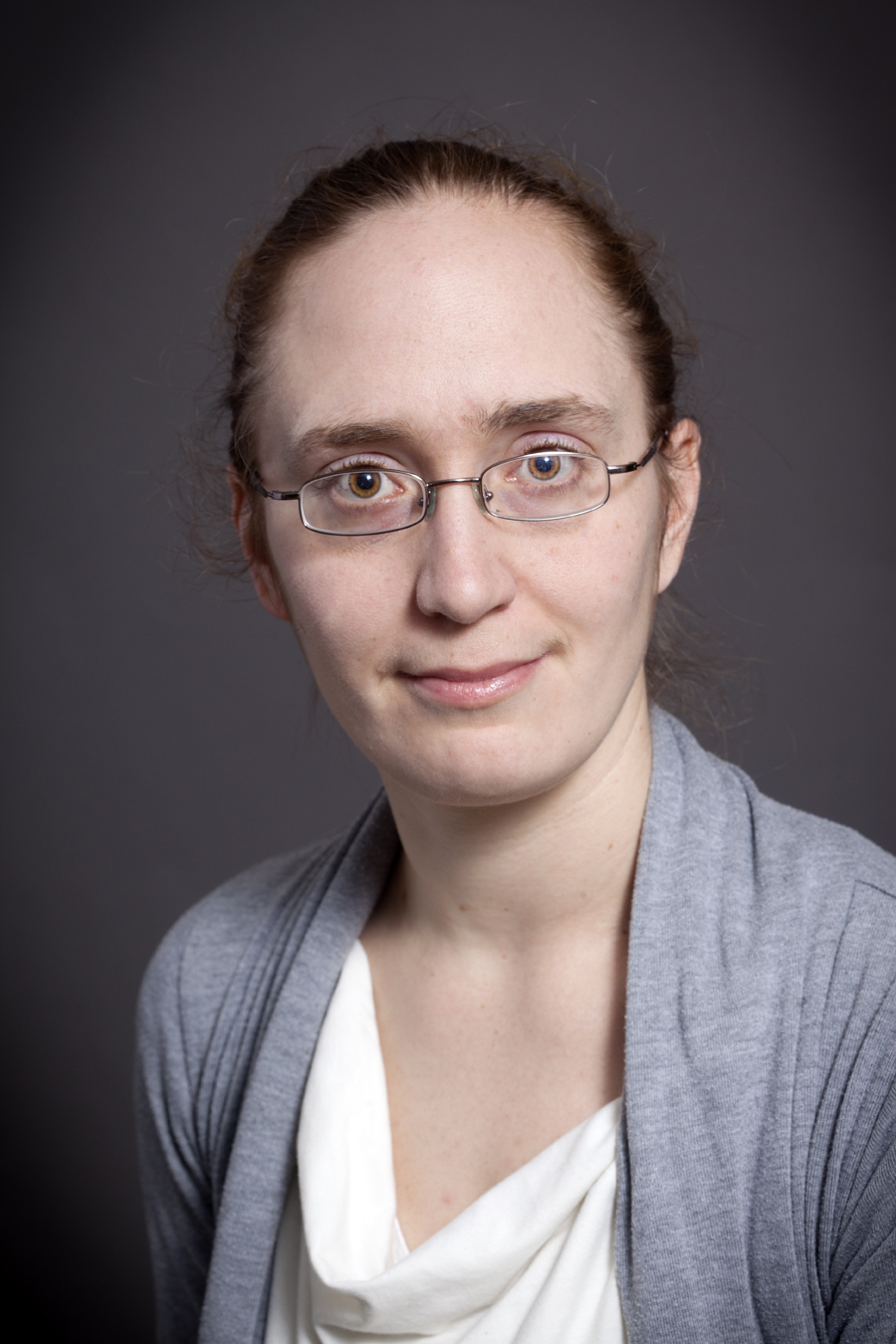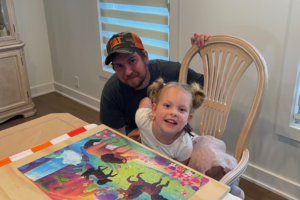This is important for two reasons:
- It ensures your wishes are known and followed
- It helps your family
In health care, we work with patients and their families in emergency situations and as they reach the end of life. This can be a time when there are difficult decisions to make. What’s even harder is when a loved one is unable to speak for themselves or share their wishes.
As families face these decisions we often hear, “I wonder what Mom would want?”
It’s tough, especially during an emotional time, to make health care decisions for a loved one. It can add stress, and even disagreements, among family members. This is where an advance health care directive makes a significant impact for the patient and their family.
How to Start Thinking About Your Advance Health Care Directive
A good place to start is by creating lists to answer these three questions:
- What matters most to me?
- Who do I need to share my decisions with?
- How do I document my decisions?
What Matters Most to Me?
We all have different perspectives on what we want done in different situations. It’s easy to think our family and loved ones will know what we want. But will they really know if you haven’t talked to them about your wishes or made them known in other ways?
Here are some questions/situations to think about:
- What do I want if I’m in a coma? Have severe brain damage? It is determined that further treatment will not benefit my condition?
- Do I want life support measures taken if my doctor believes it will help? What if my doctor believes my condition will not improve?
- What type of an environment or care do I want for myself and my family in my final days?
Who Needs to Know my Wishes?
The next list should include people who are closest to you that you want to know your wishes. After you complete this list, underline at least two people to appoint as your medical power-of-attorney. These individuals should know you very well, care about you and be able to make difficult decisions. Only you know best, but sometimes a spouse or family member might be too emotionally involved to carry out your wishes. Be sure to ask them if they want this responsibility and share your wishes with them regardless.
The person you appoint:
- Must be 19 years old or older
- Cannot be your health care provider
- Cannot be an employer or spouse of your health care provider
By sharing your wishes, you empower your loved ones and doctor to make the best decisions for you when it is time.
How do I Document my Decisions?
Your decisions matter. After thinking through your wishes, take the time to document them in a health care advance directive. A free booklet to help you do this is available on our website at bryanhealth.org/advance-directives.
Once you complete the information, you need to have the document notarized. This can be done at the hospital or you can do this wherever it is convenient for you. After it is signed and notarized, keep the original and make sure that everyone you appointed has a copy. Provide copies to your doctor’s office and any medical facility where you might become a patient or have been a patient. At Bryan Medical Center, bring it to the Health Information Management office from 8 a.m.-5 p.m., Monday-Friday, and our staff will place it into your medical record. You can also mail it to Bryan East Campus, Attention: Health Information Management, 1600 S. 48th St., Lincoln, NE 68506-1299.
Give Yourself and Your Family Peace of Mind
Completing this final piece of your bucket list gives you and your family peace of mind. You’ll know they understand your wishes, and they’ll feel confident they are following your wishes. This can make a difficult time a little easier.
Want more information?

Nina Redl
Bryan Health chaplain









